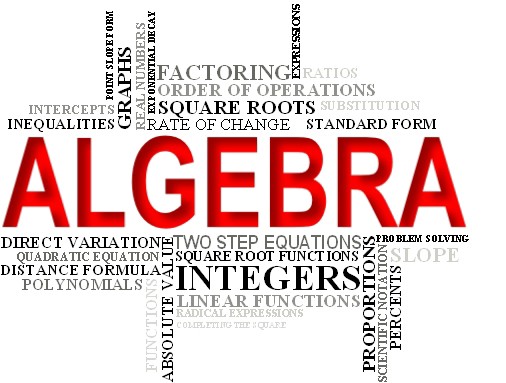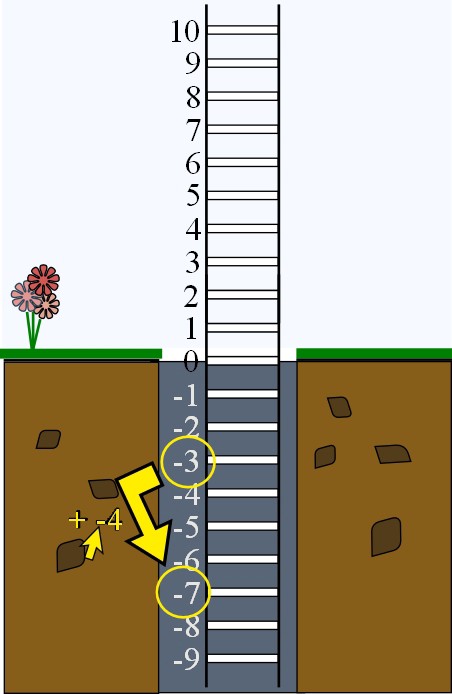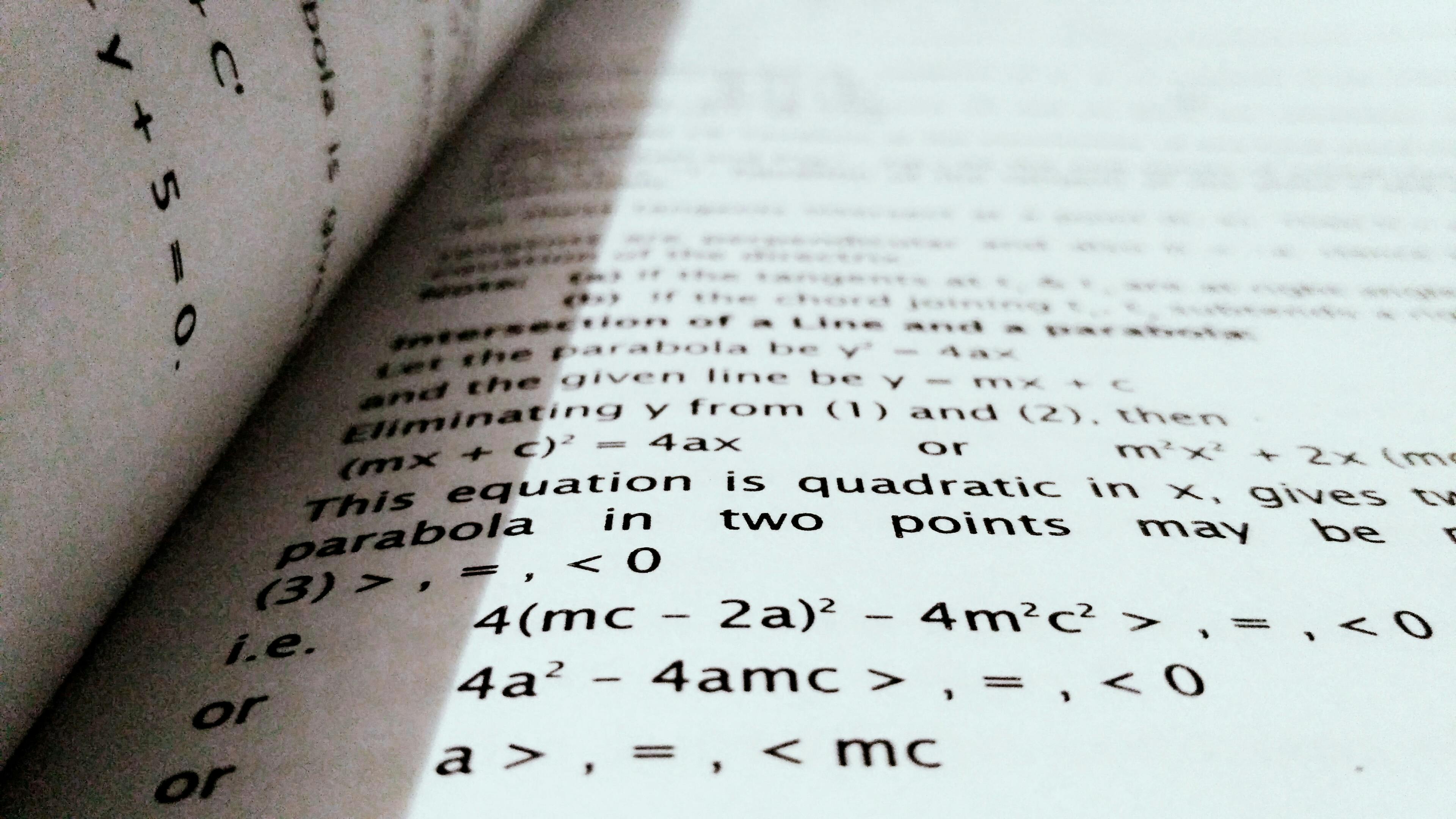
Why do students struggle with Algebra?
We’ve asked algebra teachers what skills they wish their students were better at when coming in to learn Algebra? Their answers were always the same 3 skills: Multiplication facts, Fractions, and Integers. So why are students universally weak in these 3 areas?
- Multiplication facts – Most just don’t know them well enough. They’ve learned a song or jingle to help them count up by instead of just learning an individual fact. This makes them always have to take the long counting route to come up with the answer. If they get off on their counting along the way, they end up at the wrong answer. Since Algebra has so much multiplication in it, the faster they can pull the facts from memory, the more efficient and less frustrating the work is going to be. At this point, students are also now able to use calculators, so they start to get out of practice on their basic skills. They lose the ability to check the reasonableness of the answer given by the calculator. In fact, there are many area of Algebra where calculators cannot help.
- Fractions - In all of maths, fractions are the skill that most kids lack. Usually when a fraction shows up in a problem, there is no quick review given to remind students how to do it. In fact, we see many students skip the problems that contain fractions. The problem is, most of your daily life contains fractions: 1/2 tank of petrol, 3/4 of an hour, 1/3 off the price. Our children need to feel comfortable with fractions, so they can function as adults.
- Integers – Positives and Negatives. The two questions we are asked all the time are, “Do I add or subtract?” and, “Is the answer positive or negative?” If you depend on remembering the rules, you will probably get something backwards. Instead, if you think of the number line as a ladder, it makes more sense. If 0 is ground level, we go up (Get bigger) when we add and go down (get smaller) when we subtract. It also helps to remember that a negative sign just means we are doing the opposite.

Now an integer problem becomes a series of three questions:
Where do we start?
Which direction are we going? (are we getting bigger or smaller)
By how much?





